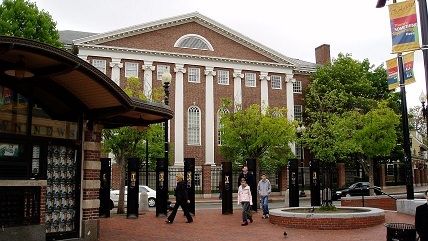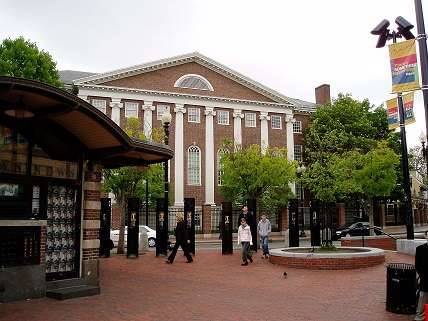Universities Cater to Intolerance, Cancel Controversial Speakers at Alarming Rate


In the wake of the successful campaigns to prevent the commencement addresses of three high-profile speakers—Condoleezza Rice at Rutgers University, Ayaan Hirsi-Ali at Brandeis University and Christine Lagarde at Smith College—many censorship-weary spectators of higher education fretted that "disinvitation season" seemed worse than ever this year.
The Foundation for Individual Rights in Education (FIRE) now has data to back up those fears. Since 2000, an increasing number of campus speakers faced both informal and formal muzzling at the hands of students, faculty and administrators eager to disrupt the presentation of viewpoints they don't like, according to FIRE's latest report.
"Disinvitation efforts are not new, but our research indicates that they are dramatically increasing," the report found.
FIRE noted that some prospective campus speakers voluntarily canceled their speeches after students and faculty protested their inclusion. Others were formally disinvited by university administrators. In some instances, speakers attempted to deliver their remarks but were silenced by hecklers. While this third kind of intolerance—the abject kind—was rarest, it occurred more frequently over the last few years.
While a speaker's conservative views on gay marriage, abortion and the War on Terror were most likely to yield a disinvitation, left-of-center speakers such as former Department of Homeland Security Secretary Janet Napolitano and activist Bill Ayers have also endured repeated silencing.
A key finding: Public and private universities disinvited speakers at nearly equal rates. As the report explains:
Disinvitation incidents occurred in remarkably even numbers among public colleges and universities (68), private secular institutions (59), and private religious institutions (65). The split between the types of institutions is surprisingly close, revealing a systemic problem—some students and faculty at colleges and universities of all types appear increasingly unwilling to allow those with whom they disagree to speak and advocate for their position on campus.
Private universities are well within their rights to cater to political correctness and rescind speaking invitations, of course. And students at private and public institutions have the right to protest speakers with whom they disagree.
Even so, colleges that cultivate an aura of knee-jerk hostility toward different ways of thinking are depriving students of one of the cardinal benefits of campus life: the opportunity to interact with unfamiliar perspectives and engage new ideas. They are also subtly teaching students to fear controversy and abhor dissent.
Given such an unfriendly environment for free expression, it's not surprising that some students now believe the syllabi for their English classes should come with warning labels that the works of Shakespeare and Homer may cause emotional distress.


Show Comments (71)